The Difference Between RF and Cryo-Ablation
If you have been diagnosed with atrial fibrillation / Afib or any other tachycardia, you may have been told that cardiac catheter ablation may be the appropriate option for you. During your research, you may have found two strikingly similar ablation options to choose from. Dr. Banker performs both procedures – RF ablations using heat and cryoablations using cold to achieve the same goal of eliminating errant electrical heart signals.
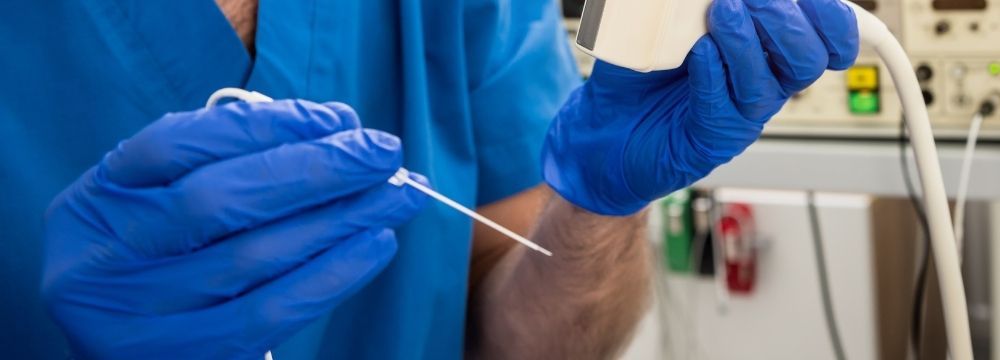
Before we get into the similarities and differences of these two procedures, it is important to understand why you have been referred to Dr. Banker for an ablation. Even if your arrhythmia is relatively mild and doesn’t cause significant lifestyle issues, you are at a much greater risk of a stroke, heart attack, and long-term heart failure. Arrhythmias, especially Afib, the most common type, may increase the likelihood of blood pooling and clotting in the heart. If a clot breaks off and travels to the brain, it can cause a stroke. Cardiac catheter ablation is an excellent, effective, and safe minimally invasive procedure to identify the problematic electrical signals and destroy the heart tissue causing them. All of this, without the need for open-heart surgery, significant downtime, or large incisions.
The Relationship Between High Blood Pressure and Afib
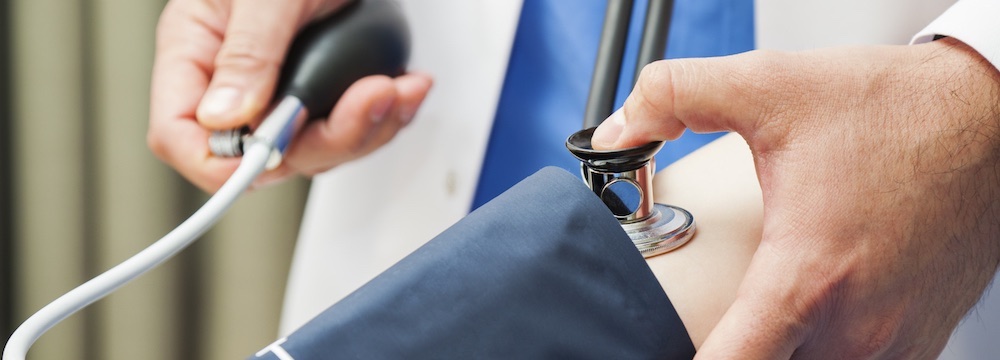
Significant research has been performed on the potential causes of Atrial Fibrillation or AFib. Lifestyle choices, including a lack of exercise and poor diet, most certainly contribute to the incidence and severity of Afib. It is also important to note that one of the most significant consequences of this poor lifestyle is high blood pressure or hypertension. As the arteries narrow due to plaque buildup known as atherosclerosis, the heart must pump ever harder to get the same amount of blood through the body. While the heart is a formidable muscle, even the strongest of muscles can begin to weaken when overworked. As such, high blood pressure can begin to cause various arrhythmias or irregular heartbeats, including Afib.
A Tour of the Amazing Technology Electrophysiologists Have at Their Disposal
Electrophysiology is a very specialized part of cardiology that deals with the electrical system of the heart. Just a few decades ago, treating irregular heartbeats either meant living with the side effects of medication or dealing with these often-debilitating effects of the irregular heart rhythm. With the advent of modern technology in the diagnosis and treatment of cardiac arrhythmias, especially Atrial Fibrillation (Afib), we can diagnose more accurately and treat more effectively. Following are just a few of the many tools that we have at our disposal.
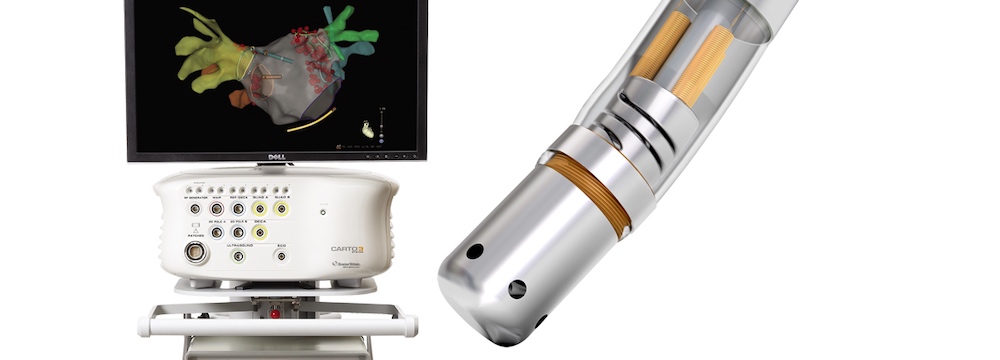
Is Afib Hereditary?
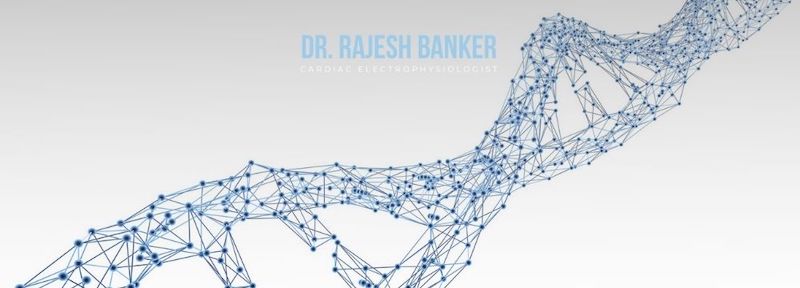
Atrial fibrillation or Afib is a very common heart disorder with estimates of about 5 million American adults suffering from the condition. As we’ve touched on elsewhere on this website, the significant concern revolves around the five times increased risk of stroke, significantly increased risk of heart attack and the potential for long term heart failure. And while most of the atrial fibrillation patients we see are of middle to advanced age, it does not only affect one age group. In fact, very young and even very fit people can get atrial fibrillation.
As such, it is natural to ask whether Afib is hereditary – whether it runs in families. The short answer is yes, it absolutely can be hereditary and there is ample evidence to support the fact that in some families, Afib risk is indeed higher. We call this familial atrial fibrillation.
Will I Feel Pain During a Cardiac Catheter Ablation?
When lifestyle changes and medication have not helped with the symptoms of Atrial Fibrillation or Afib, we may consider a curative procedure known as cardiac catheter ablation. Dr. Banker performs two kinds of ablations – RF catheter ablation, which uses targeted heat to destroy errant electrical signals and targeted cold therapy, known as cryoablation. Both procedures, while using different mechanisms for the ablation, are performed in a similar fashion.
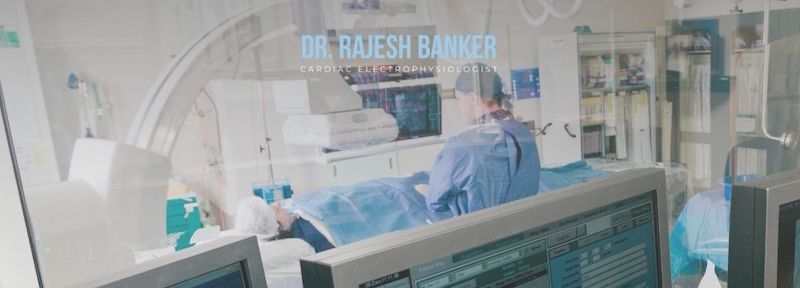
During the procedure, you will receive a sedative. In some cases, you may receive general anesthesia. Either way, you will be very relaxed or completely asleep throughout the ablation. The only incision is made in the groin to access the femoral vein. So, Dr. Banker will numb this area to ensure that you feel no pain during the insertion of the catheter. The procedure takes anywhere from two to four hours, during which time you may feel pressure or mild discomfort in your chest. However, you shouldn’t expect significant pain at all.


